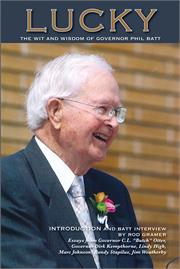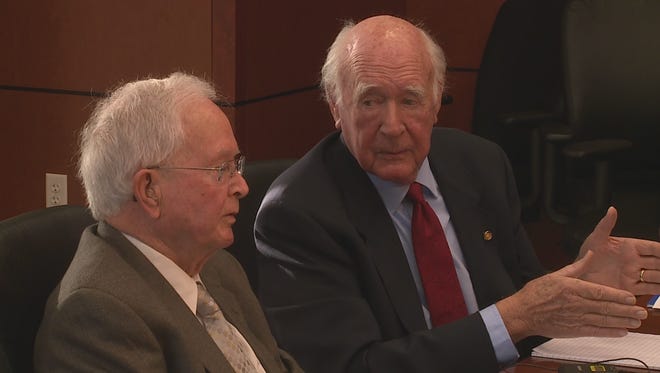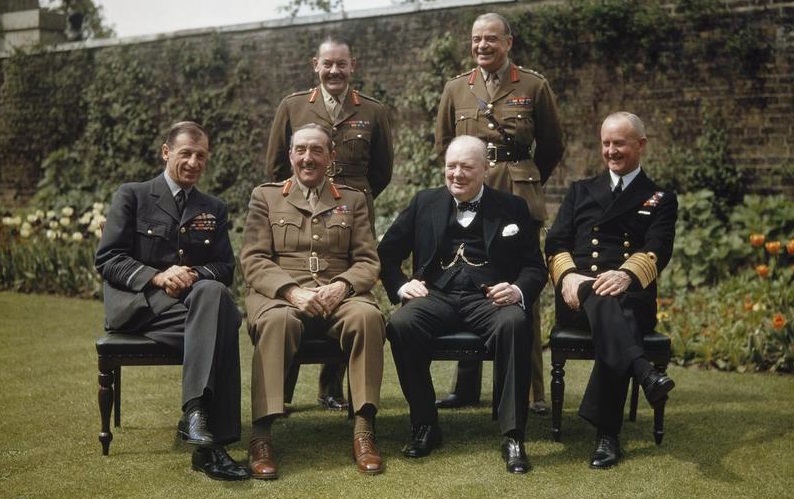A terrifying thing about democracy facing existential crisis is that it’s entirely possible – perhaps even natural – to miss the flashing red warning lights.
We have arrived at such a moment.
There are many and varied reasons for the American decline into tribalism, nationalism, embrace of conspiracy and profound distrust of public institutions. The important thing is that it has happened.
A non-profit called “More in Common” has released a new report that should send shivers down the spine of every American. The organization is dedicated to battling political polarization, but it’s pushing a huge rock up a very steep hill as it attempts to make progress.

“Every democracy,” the group said in its report, “depends on a threshold level of trust among its citizens and in its key institutions of government, business, and civil society. Currently however, the United States falls short of that ideal.” According to the group’s research “less than one in four Americans believe the federal government, American corporations, and national media to be honest. This distrust is not limited to institutions either: fewer than two in five Americans feel ‘most people can be trusted.’”
So, we not only distrust government, business and the media, we distrust one another. The center is not holding and the evidence, if you care to see it, is all about.
As this is written it seems almost certain that the U.S. Senate will refuse to undertake a bipartisan investigation of the deadly attack on the Congress on January 6. A proposal to form a 9-11-type commission to investigate the insurrection was approved on a bipartisan basis in the House of Representatives after a senior member of the Republican Party negotiated the details with his Democratic counterpart. This is normal. What is not normal is blocking the investigation for purely partisan reasons, which is happening in the Senate.
The legislation that passed the House with 35 Republican votes is modeled on the commission that examined the 2001 terrorist attacks on the World Trade Center and the Pentagon. The leaders of that commission, Republican Tom Kean and Democrat Lee Hamilton, support of the proposal that seems destined to die in the Senate.
“The January 6 attack on the U.S. Capitol was one of the darkest days in the history of our country. Americans deserve an objective and an accurate account of what happened,” Kean and Hamilton said.

Senate GOP Mitch McConnell’s stand in opposition has the moral equivalence of saying December 7, 1941 was no big deal, or that the politically motivated break in at the Watergate complex in 1972 was merely “a third-rate burglary.” Congress, of course, conducted extensive investigations of both events, not to mention that congressional Republicans investigated the attack on the U.S. consulate in Benghazi for months. Why wouldn’t we want to get at the instigators of those who chanted “hang Mike Pence” on that horrible day?
The Senate vote to investigate Watergate was 77-0.
Failure to act today in light of January 6th is simply incitement to more political violence.
Meanwhile the steady drumbeat of conspiracy mongering about a stolen election continues unabated. Conservative legislators in Georgia, Arizona, Michigan, Pennsylvania and a dozen other states are restricting voting rights. As Myrna Perez, the director of the Brennan Center’s Voting Right program says, “Rather than competing for voters, they are trying to fence some voters out and make it harder for them to vote.”
This is a breakdown of democracy.
In a number of states, including Idaho and Montana, lawmakers are recklessly flaunting the rule of law in pushing flagrantly unconstitutional legislation and then squandering taxpayer money trying to defend their indefensible work in front of judges who are increasingly criticized for following the law.
This is trashing the rule of law.
A year after a white police officer murdered George Floyd, a black man, in Minneapolis many state legislators want to prohibit teaching about racism. There were twelve mass shootings last weekend in the United States, and another earlier this week.
This is a country in crisis yet is unwilling to deal with that crisis.
Columnist Stuart Rothenberg correctly says that those of us who thought the fever of blind partisanship, insane fakery and grievance politics would end after a decisive presidential election were flat out wrong. In fact, Rothenberg says, things have gotten worse. “Instead of laying the ground for a more thoughtful, less partisan discussion of the challenges facing this country, the past six months have raised additional questions about our country’s future and the rule of law.”
This is a flashing red-light moment for everyone who loves the idea of America democracy, and an especially fraught moment for people not in politics but still in positions of influence.
Businesses, for example, need to shut off the flow of campaign cash to every single politician in both parties who won’t abide by the normal and long-established rules of political behavior. If they are spinning fantasies to keep or gain power or won’t accept election results, cut them off.
Journalism, real journalism, in all its forms is under assault, many times from bad faith actors, but also from those who want to make a quick buck trafficking in anger and grievance. Not surprisingly, reporters and editors struggle to navigate a world where a former president still has most of his supporters believing the biggest lie ever told in American politics. The one thing journalists must do in this fact-free word is to go to work every day determined to protect democracy and speak truth to power, especially to those who repeat lies that only divide.
Still, even as we are plagued with profoundly inadequate political leadership from the Potomac to Portland, we need the principled leaders we have to recognize and then address a nation at war with itself. This is a moment to double down on respect for the rule of law, protect democratic institutions and embrace civility.
“Nothing is free, not even disillusionment,” Robert Stone wrote in an essay more than 35 years ago that he entitled “Does America Still Exist?” “God doesn’t manifest himself in history; men do,” Stone said, as he argued for Americans to live up to its ideals or admit that if we fail to do so we will have betrayed “the noblest vision of civil order and probity that this imperfect world, and the cautious optimism of Western man, will ever be capable of producing.”
It is our existential moment. Which way do we turn?
—–0—–
Additional Reading:
A couple of other things worth your time…
Remembering Pat Moynihan
A great Joe Klein piece in The New York Times about the public intellectual turned U.S. senator.

“Twenty-five years later, we live in a world that was Moynihan’s nightmare: Postmodern tribes — with their own fake ‘facts’ — have gone virtual; affinity groups are organized by cable news networks and social media platforms. Cynicism about government’s ability to do anything useful abounds. It remains to be seen if Joe Biden’s postindustrial version of the New Deal — which Moynihan would have voted for enthusiastically, as it reduces inequality with a minimum of social engineering — will heal the wounds. He would, I suspect, be busily foraging for statistics to prove that tax increases have little or no impact on economic growth. Both George H. W. Bush and Bill Clinton proved that (and even Ronald Reagan raised taxes when few were looking).”
Great piece…read it here:
The Unreconstructed Radical
Amid all the rightwing nonsense about “critical race theory” denying the need for examination of America’s racist roots, and the continuing reality of racism, it is good to explore history many of us don’t know.
In fact, that may be the point. So, a new biography of Thaddeus Stevens, a radical if ever there was one.
“Arguing for the disfranchisement of traitors after the Civil War, Stevens counseled a policy of no mercy. Defeating the Confederacy, he knew, meant yanking out root and branch the economic system of slavery and the racial bigotry underlying it. He warned that the failure to fully address the causes of a rebellion against democracy would sooner or later lead to its recurrence. Levine’s study of the neglected, much maligned Stevens offers an opportunity to reflect on what this country might have been—and the merest glimmer of hope for what it might still be.”
Thanks for reading. Be involved. Stay engaged. All the best.











